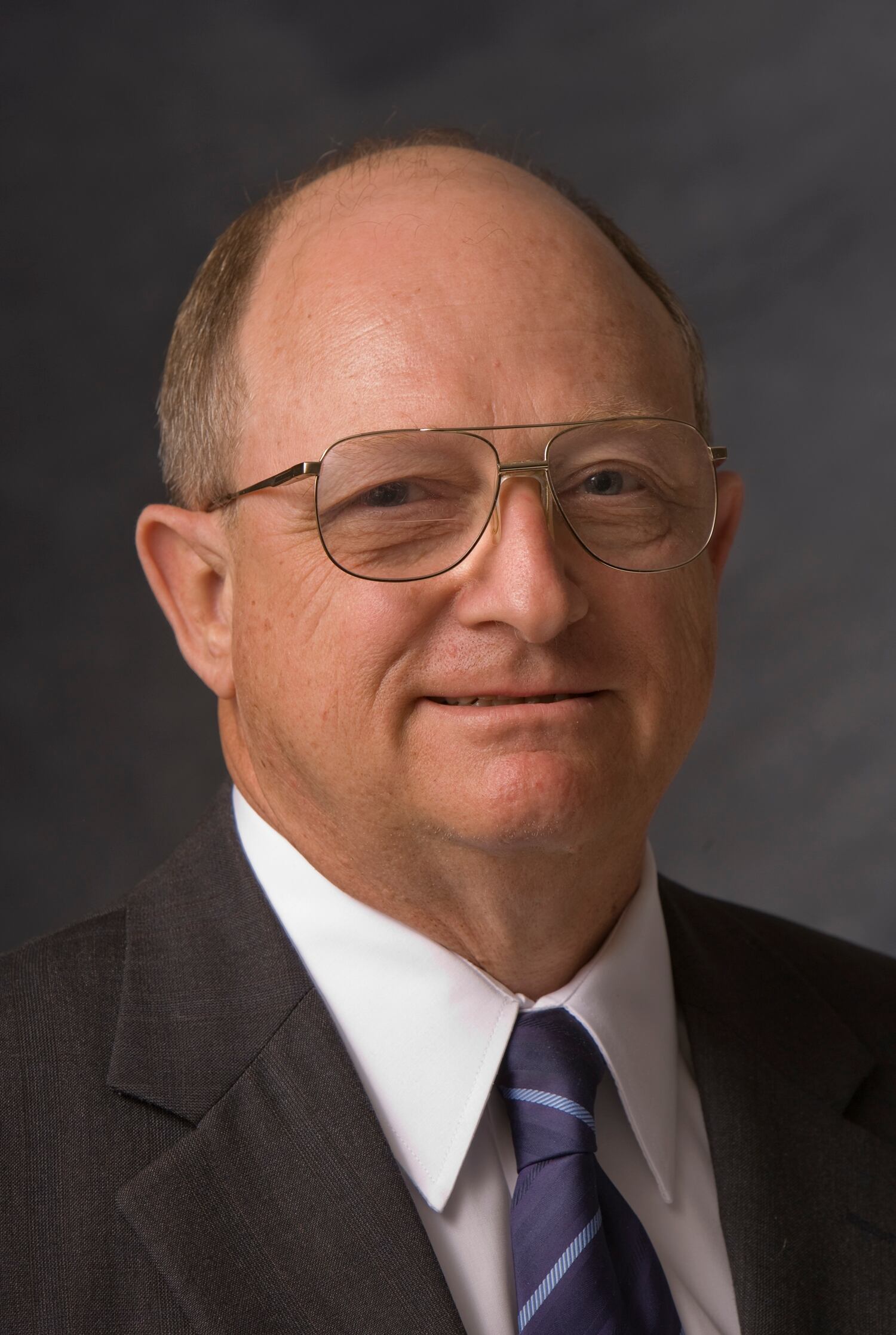Bailey is very specific about his criticism of special interest groups, which he believes are responsible for disseminating information that is often factually incorrect, without an objective scientific backing or follows a specific agenda that misrepresents the excellent safety commitment of the cosmetic industry.
“There are a number of organizations that purport to represent the interests of consumers who use cosmetic and personal care products sold in the United States,” said Bailey in an exclusive interview with CosmeticsDesign.com USA.
“Often these bodies fail to consider all of the facts and unfortunately form their positions based on selective or incomplete information. They base their views about how the industry should be regulated on this selective position. The Environmental Working Group and the Campaign for Safe Cosmetics are two examples of this kind of organization.”

The final word...
In one of his final interviews before retiring from PCPC, Bailey explained it had been one of his personal missions to ensure that accurate, scientific information be made available to consumers so they can form a more balanced understanding of cosmetic ingredients and products, and then make purchasing decisions based on sound scientific data.
In the first part of this interview, published in CosmeticsDesign.com USA last week, Bailey underlined how the recently proposed Safe Cosmetics Act incorporates some of the specific misunderstandings about how cosmetic ingredients are regulated and the structure of the regulation itself as well as the safety record of cosmetics in the U.S.
In his opinion, the Safe Cosmetics Act serves to incorporate much that is commonly misunderstood about the industry and its genuine efforts to ensure consumer safety standards.
Misperception about US cosmetic regulation
“The current regulation requirements are very clear, and in fact, it is a misperception that there is no cosmetic regulation in the U.S. The new proposals promoted by the industry last year represent a more appropriate, pragmatic approach,” said Bailey in an exclusive interview with CosmeticsDesign.com USA.
He also stressed that, as it stands, the Safe Cosmetics Act is likely to have a significantly negative impact on the industry that would unnecessarily impede product development and cost the industry many millions of dollars each year, costs that would have to be passed along to consumers.
“What we have been trying to do is counter the misinformation by providing scientifically-based and proven information about ingredient safety,” said Bailey.
Focusing on the positives
He went on to draw attention to PCPC’s own safety website www.cosmeticsinfo.org, which stresses the proven safety of cosmetic ingredients commonly used in products sold in the U.S., while raising awareness of peer-reviewed scientific research.
Bailey also recommended the independent website www.personalcaretruth.com as another consumer reference. It is run by scientifically trained industry professionals whose aim is to deliver information about cosmetic ingredients and product safety based on the weight of current scientific data.
“We have also been working hard to get the message out to the news media to help educate them of the industry’s excellent safety record, the regulatory authority of FDA over this product category and to balance some of the unjustified concerns being raised by special interest groups,” Bailey said.
